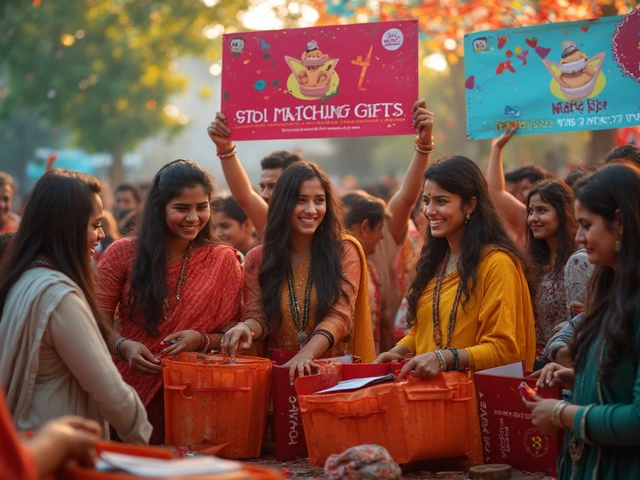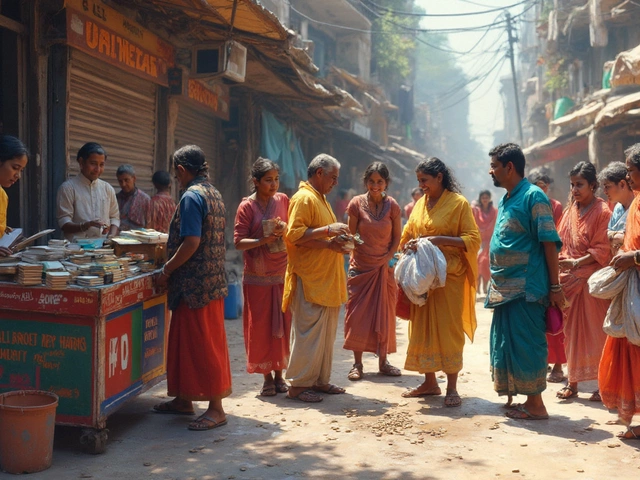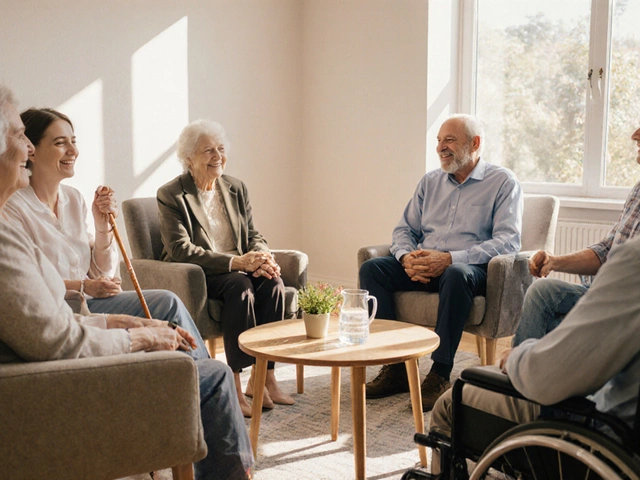Unpaid Volunteering: What It Really Means and Why It Matters
When you hear unpaid volunteering, the act of giving time and effort to help others without receiving payment. Also known as time donation, it’s the quiet backbone of community support—from food banks to after-school programs. It’s not about resumes or social media posts. It’s about showing up when no one’s watching, because someone needs help.
Community service, organized efforts to improve local conditions through collective action often relies entirely on unpaid volunteers. Schools, shelters, and environmental groups don’t have big budgets—they have people. People who show up to sort clothes, tutor kids, plant trees, or drive seniors to appointments. These aren’t glamorous roles, but they’re the ones that keep neighborhoods alive. And here’s the truth: nonprofit volunteers, individuals who contribute labor to organizations that don’t pay them aren’t just filling holes—they’re often the reason these organizations survive at all. Without them, many local programs would shut down overnight.
Unpaid volunteering doesn’t mean the work is easy or unimportant. In fact, it’s often harder because there’s no paycheck to motivate people. You show up because you care. You stay because you see the impact. And that’s why it’s so powerful. When someone spends their Saturday packing meals for families who can’t afford groceries, they’re not just handing out food—they’re saying, ‘You matter.’ That kind of connection can’t be bought. It’s built in hours, not dollars.
Some think unpaid volunteering is outdated—that paid staff should handle everything. But that’s not how real communities work. In rural towns, in low-income neighborhoods, in places where funding is scarce, volunteers aren’t optional. They’re essential. And the people doing this work? They’re teachers, students, retirees, single parents, people with full-time jobs who wake up early to help. They’re not saints. They’re just ordinary people choosing to act.
What you’ll find in the posts below isn’t a list of perfect volunteer stories. It’s the messy, real, sometimes frustrating, always meaningful truth about what happens when people give time instead of money. You’ll read about why volunteerism is dropping, how school clubs stay alive without funding, and what happens when charity shops depend on unpaid help. You’ll see how one person’s decision to show up—again and again—can change the rhythm of an entire community.
25 November 2025
Elara Greenwood
Volunteers don't get paid because their work is rooted in purpose, not profit. Learn why unpaid service remains the backbone of community support-and what volunteers truly gain instead.
Continue Reading...





